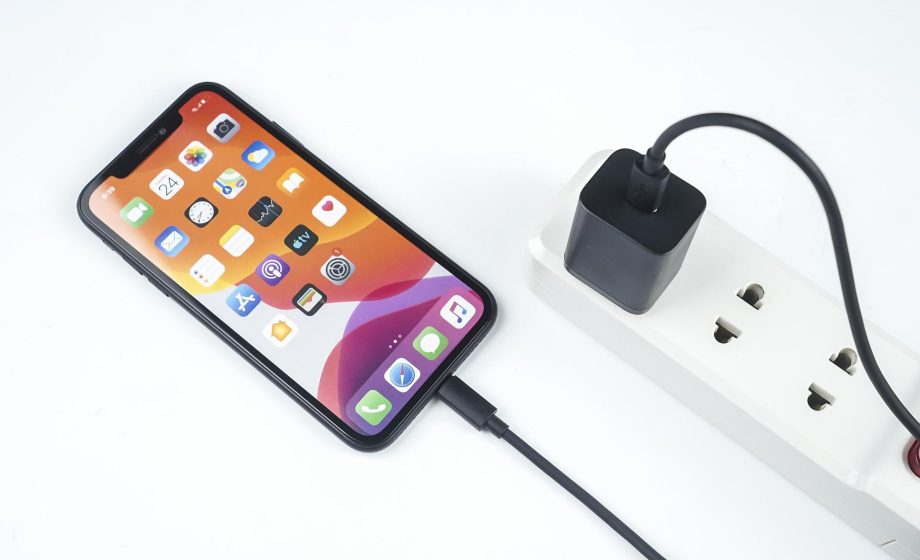The European Commission and lawmakers plan to enforce a law on device manufacturers like Apple and other electronics companies.
This law makes it mandatory for all electronics companies, including Apple, to create devices that have a common charging port.
On Tuesday, the commission agreed to a common charger, the USB Type-C, for all devices, including smartphones, tablets, headsets, headphones, and digital cameras.
Brussels has advocated for a common mobile charging port for all devices for over a decade after receiving numerous complaints from iPhone and Android users about switching chargers for different devices.
According to a Commission study done in 2019, half of the chargers sold with mobile devices in 2018 had a USB micro-B connector, while 29% had a USB-C connector and 21% had a Lightning connector.
Apple currently uses its Lightning connectors to charge iPhones, so this law could really affect the company. However, the latest Apple laptops and iPads use USB-C connectors already.
The legislation aims to make users’ lives more convenient and save the money spent buying different chargers. Users will be able to use a single charger for all their devices.
For the European Commission, the plan, which was announced last year, will save consumers approximately 250 million euros ($267 million) every year. The plan will also save energy.
Apple was initially against this law, stating that although they “share the European Commission’s commitment to protecting the environment.”
But the company also believes that “strict regulation mandating just one type of connector stifles innovation rather than encouraging it, which in turn will harm consumers in Europe and around the world.”
The Apple spokesperson expressed, “We look forward to continued engagement with stakeholders to help find a solution that protects consumer interest, as well as the industry’s ability to innovate and bring exciting new technology to users.”
The company has started working on prototype iPhone models that use USB-C charging ports and not its current Lightning connector.
The official statement from the European Parliament stated that the USB Type-C charging port will become the common charging port for every device in the EU by Autumn of 2024.
Device manufacturers have to comply with the law by 2024. However, laptops were given an extended period of 40 months after the law became official before they had to change.
MEP Alexander Agius Saliba, the main driver of the debate at the parliament, stated that e-readers, earbuds, keyboards, computer mice, and portable navigation devices would also be included in the legislation.
This means that the legislation will affect other manufacturers such as Huawei and Samsung.
Thierry Breton, the EU Commissioner for Internal Market, stated that the law would allow the growth of innovations like wireless charging, preventing innovation from becoming a cause of market fragmentation or consumer inconvenience.
In the future, the European Commission can unify wireless charging systems. The agreement still needs to be signed by the European Parliament and 27 European countries.
Image by nhothu82st0 from Pixabay

